Air New Zealand counts cost of grounding
Air New Zealand expects to suffer an underlying loss for its 2020 financial year, but continues to withhold a specific forecast.
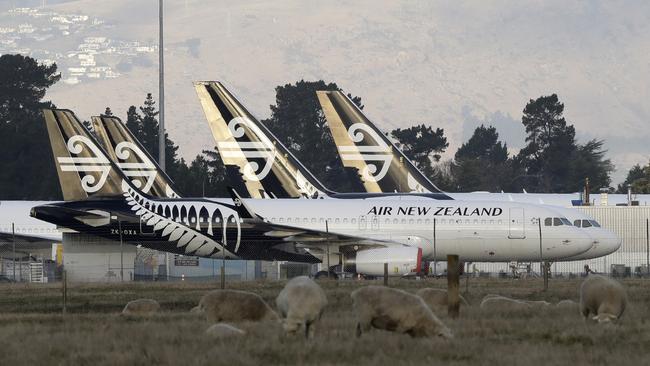
Air New Zealand is expecting to take two years to fully recover from the COVID-19 pandemic, which has the airline on track to post an underlying loss this financial year.
A liquidity and earnings update to the NZX on Tuesday revealed Air New Zealand had cut 4000 jobs as a result of the pandemic, which had savaged the carrier’s bottom line.
Prior to the outbreak, Air New Zealand had cash reserves of more than $NZ1bn but that had fallen to $NZ640m.
Chief financial officer Jeff McDowall said as yet, the airline had not had to draw on a $900m government loan facility.
“We continue to use all available levers to reduce our cash burn and right-size the business to reflect the expectation that for some time, our airline will be smaller than it was pre-COVID-19,” Mr McDowall said.
These included a 30 per cent reduction in the workforce, or 4000 jobs, to drive savings of $NZ350m to $NZ400m a year; a 30 per cent reduction in the executive team; the suspension of short-term incentive schemes; a 15 per cent cut to the CEO and other executives’ salaries and the grounding of the Boeing 777 fleet until at least the end of 2020.
Mr McDowall said the steps would help Air New Zealand reduce its monthly cash burn by about $NZ50m to $NZ60m for the 2021 financial year.
“Like all businesses at this time, we find ourselves facing an environment where revenues will be a small fraction of what we are accustomed to,” he said.
“We know that demand for air travel will eventually rebound so we are cognisant of striking the right balance between removing cost from the business and ensuring the airline is in a strong position to ramp up as demand recovers.”
He did not provide specific earnings guidance for the 2020 financial year, other than to say an underlying loss was expected given very limited revenue in recent months.
“Across March and April, Air New Zealand reduced its network capacity by more than 95 per cent as demand declined to almost zero following the implementation of the New Zealand Government’s travel restrictions,” said Mr McDowall.
“The recent move to Alert Level 2 has been a welcome reprieve, allowing us to get the domestic engine turning again. However it is clear that it will take some time for demand to return to pre-COVID-19 levels. We are preparing for a scenario in which the airline is still 30 per cent smaller than pre-COVID levels in two years’ time.”
In addition to plunging revenues, the airline had recorded a $NZ85m to $NZ100m loss on hedges due to reduced fuel consumption, and was expecting to pay up to $NZ160m in redundancies.
The grounding of the 15 Boeing 777s would result in a non-cash impairment charge of between $NZ350m to $NZ450m.
Chief executive officer Greg Foran said COVID-19 had had an unparalleled impact on the aviation industry.
“This is without a doubt the most significant challenge our airline and indeed the entire aviation industry has ever faced,” said Mr Foran.
“The implementation of domestic travel restrictions and border closures have been incredibly effective at slowing the spread of COVID-19 in a number of countries including here in New Zealand but they have also had a profound impact on demand for air travel.”
He thanked workers being “farewelled” by Air New Zealand for their exceptional service in an extraordinarily difficult time.
“We also want to thank our customers – we know it hasn’t been an easy time for anyone amid this crisis,” said Mr Foran.
“There is no playbook for the situation we are currently facing so we need to create our own.”



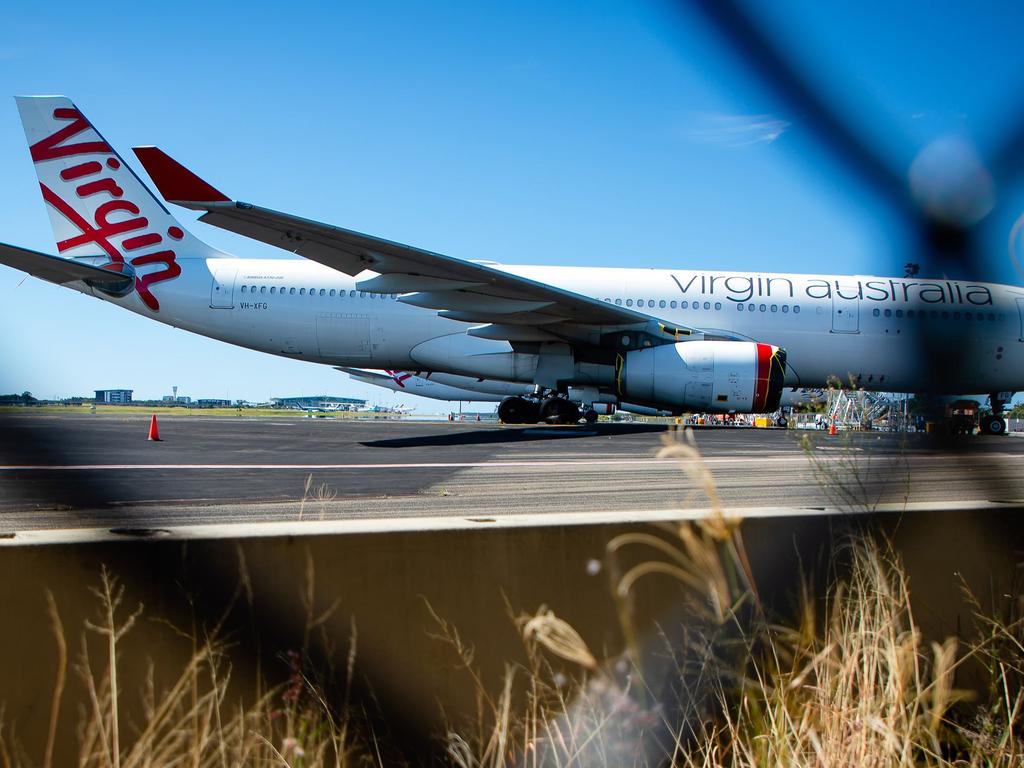
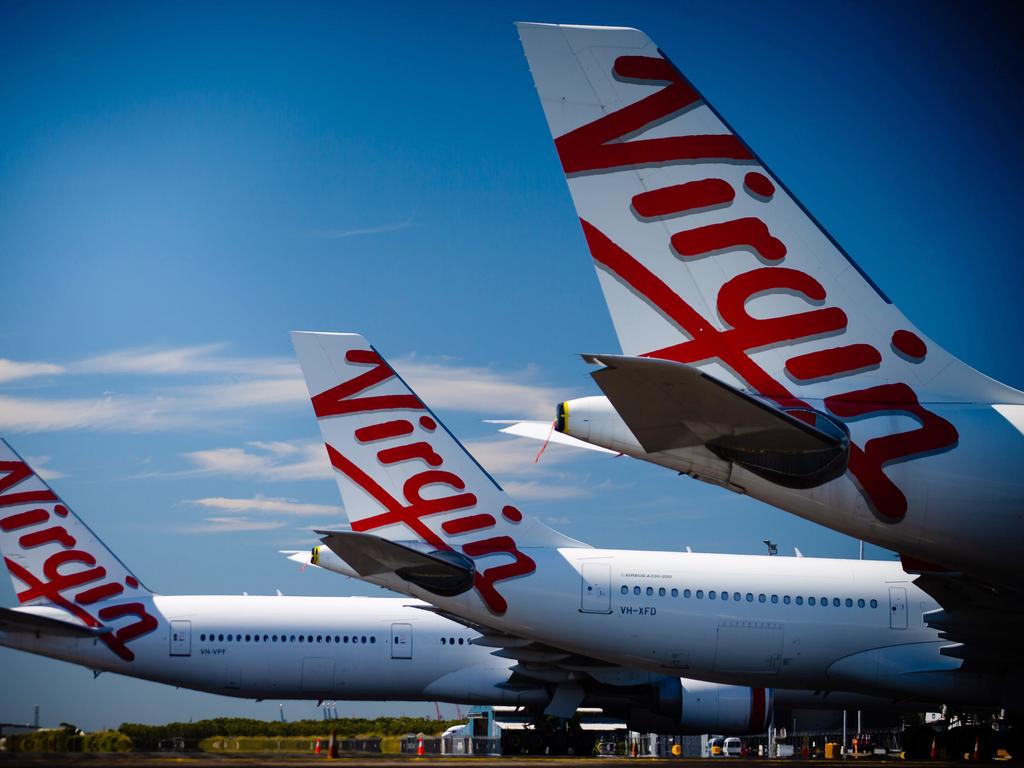
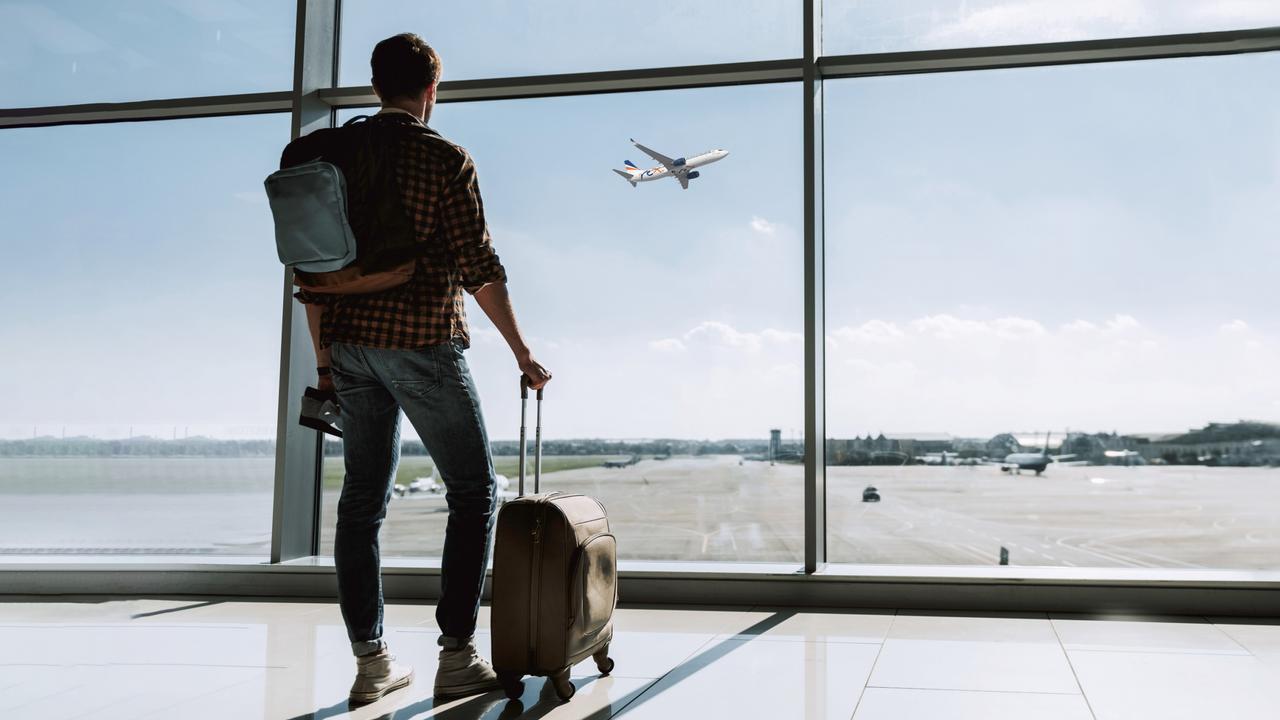
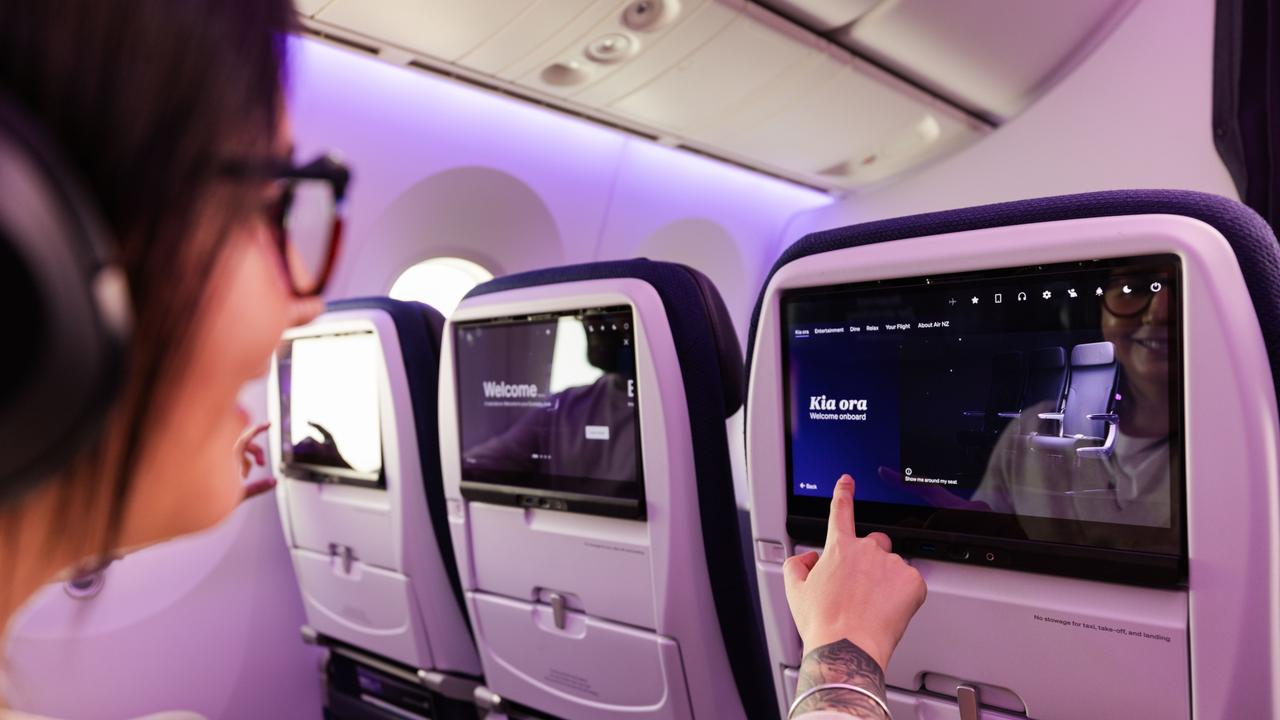
To join the conversation, please log in. Don't have an account? Register
Join the conversation, you are commenting as Logout